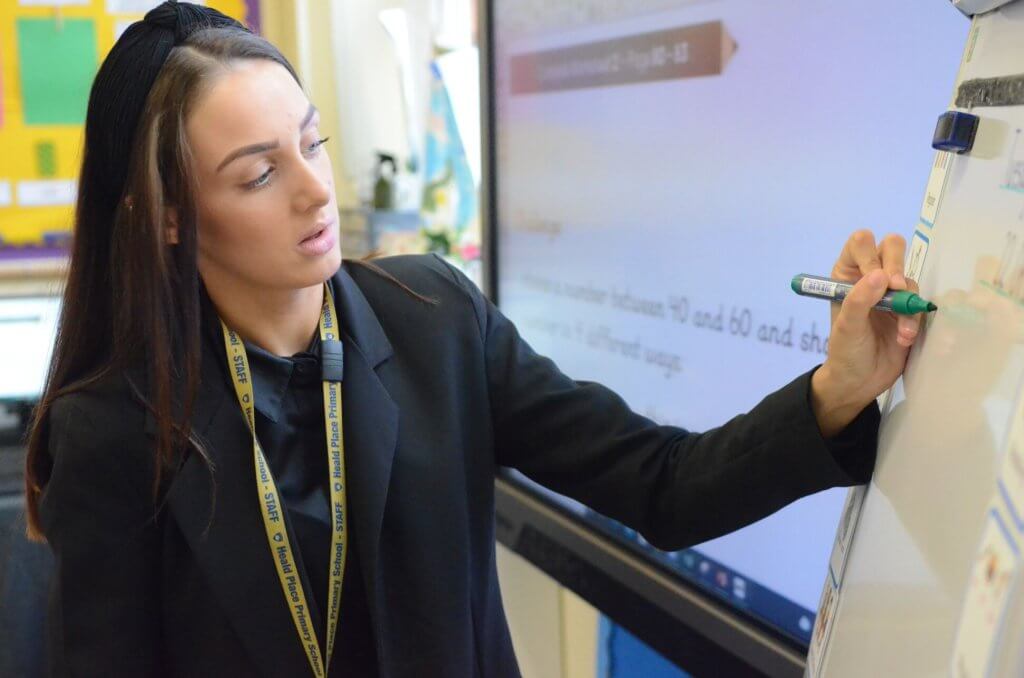Councils forecast huge shortfalls in budgets for SEND
A BBC investigation has discovered that councils in England are forecasting a huge shortfall in budgets for supporting pupils with special educational needs and disabilities (SEND). The BBC contacted 153 councils to request their financial forecasts this year. In total, 113 responded, forecasting a collective shortfall of £925 million.
Data shows that now almost 600,000 children and young people have an Education, Health and Care Plan (EHCP) in England. As demand continues to grow, the BBC warns that financial pressures have become more urgent, with 38 local authorities entering into “safety valve” deals with the government. This allows them to receive extra funding in return for an agreement to cut SEND deficits. Parents now fear this may lead to limits being imposed on support.
After requesting further details from local authorities involved in the safety valve programme, the Independent Provider of Special Education Advice, says that some councils are seeking to ‘increase the number of times they refuse to carry out an EHC needs assessment or issue a plan.’ Paul Whiteman, general secretary of the school leaders’ union NAHT, says the next government must take urgent action to address this crisis, including ‘action to write-off high-needs budget deficits.’
★ Our SEND Support team can deliver observations, specialist assessments, and a wide range of interventions. Get in touch to find out more about how we can embed a culture of inclusion in your school.
Survey shows sexual harassment is widespread in schools
A new survey published by Unison in collaboration with UK Feminista finds that sexual harassment is widespread in schools, as one in ten female support staff in secondary schools report that they have been sexually harassed, predominantly by male pupils.
Results show that female staff are subjected to sexist, sexualised or objectifying comments. A third of school staff have heard sexist language being used in the school within the last five years and 15% report that it has been used against them. Additionally, around one in seven school staff also report they have witnessed sexual harassment in the workplace within the last five years. In secondary schools, this figure rose to a quarter. Abuse was mainly perpetrated by male pupils towards female classmates, however female staff were also targeted. Some incidents also involved male staff behaving inappropriately towards female colleagues. However, 42% of those who witnessed abusive incidents did not report them. Respondents felt this was ‘pointless’ as their concerns were often brushed off, or they were worried their careers could be affected.
Respondents highlighted sexist online content as a significant issue, with more than half saying they had noticed changes in pupil behaviour as a result of viewing this content. Christina McAnea, general secretary of Unison, says ‘the role of misogynist influencers cannot be overstated. A solution must be found before this worrying issue spirals out of control.’ She warns that schools cannot tackle this problem alone and must work in cooperation with parents to challenge sexist attitudes and behaviours.
★ Our Education Welfare experts can work with you to develop strong policies and practices to cultivate a culture of safeguarding in school. Please contact our team to learn more.
English pupils feel less able to express creative ideas in school
The Programme for International Student Assessment (Pisa) has published new findings from research carried out in 2022, which measured the creative thinking skills of 15-year-old students across the world. Students from 64 countries were assessed on their capacity to generate diverse and original ideas, as well as to evaluate and improve upon others’ ideas in creative tasks. England, and the rest of the United Kingdom, chose not to participate in the assessment, but did respond to various questions about creative thinking and access.
Results show that only two-thirds of English students felt that they were given the chance to express their ideas in school, below the Organisation for Economic Cooperation and Development (OECD) average of 69.3%. Similarly, only 65.1% of English 15-year-olds agreed that teachers valued students’ creativity, compared to an average of 70.1% across the OECD.
English teenagers were also less likely than the OECD average to take part in creative activities at least once a week. Whilst English pupils reported similar levels of participation in art and science clubs, only 15.2% of English students took part in weekly music classes and 14% in computer programming activities. In contrast, an average of 21.7% across the OECD took part in music and 17.2% in computer programming. Moreover, just 4.8% of English pupils contributed content to publications such as a school newspaper, compared to 8% across the OECD.
Students in Singapore ranked first in creative thinking, followed by Korea, Canada, Australia and New Zealand. According to Professor Bill Lucas, Professor of Learning at the University of Winchester, this proves strong performance in both creative thinking and academic subjects is possible. He explains it is ‘a false binary position to suggest that doing well in creative thinking somehow distracts learners from success in core subjects’ and therefore the study poses serious questions for policymakers.
One Education is proud to be the trusted partner for schools and trusts, working together to transform the life chances of the next generation.
To learn more about our services, please get in touch.















